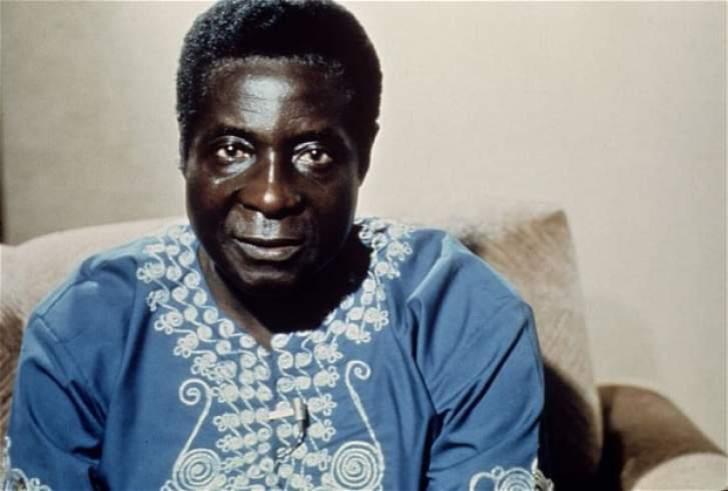News / National
Heartless Mugabe did not give chance to non combatant and local trained vets to be vetted
25 Sep 2024 at 15:53hrs |
0 Views

Outspoken ex-Zipra war veteran Max Mkandla has criticized the late former President Robert Mugabe and his administration, accusing them, in collaboration with former colonialists, of being heartless for failing to vet non-combatants and locally trained liberation war fighters. This failure has left many non-vetted for over 40 years.
The vetting process during Mugabe's rule took place in 1996, with the most recent round occurring in 2022. However, most of those vetted recently have yet to receive their benefits, raising concerns that the government may have been seeking their votes ahead of the 2023 elections.
Mkandla, who is also the Vice President of the International Coalitions Against Coronavirus and Africa Development, noted that many fighters who trained locally were demobilized and went on to pursue other careers, such as joining the army, becoming teachers, or entering other professions.
"Some of them became army commanders and contributed significantly, often performing better than those who were trained abroad but abandoned the struggle. If we're talking about war collaborators, they must be vetted within their local villages, districts, and provinces. These people are well-known there. Vetting should not be done in towns, as this opens the process to the likes of Muzorewa's followers, dzakudzaku, security guards, and sellouts," he said.
"Thorough vetting can be done in rural areas, where the real collaborators and war veterans are. Those from other areas should go back to their home regions for vetting; they cannot be vetted anywhere in the country."
Mkandla questioned why people were being vetted in towns when the war was fought in rural areas. "Who is witnessing for them? Were they fighting in the towns?" he asked.
"This is improper. This is how the wrong people end up being vetted as non-combatants or war veterans when they are not. It's unfair. A proper vetting process must be conducted to ensure that only deserving individuals are recognized," Mkandla said.
He also stated that the time allocated for the vetting process is sufficient, but the effectiveness depends on how the vetting teams are deployed.
Mkandla suggested that information about the vetting process should be disseminated through schools, so that children can inform their parents about the exercise.
"Locals are the ones responsible for vetting the candidates," he said. "I trust the process, it is clear, but I am not happy with the vetting stations, especially in towns."
The vetting process began on September 25 and will conclude on October 4. In Bulawayo, it is being conducted at the Zimbabwe International Trade Fair.
The vetting process during Mugabe's rule took place in 1996, with the most recent round occurring in 2022. However, most of those vetted recently have yet to receive their benefits, raising concerns that the government may have been seeking their votes ahead of the 2023 elections.
Mkandla, who is also the Vice President of the International Coalitions Against Coronavirus and Africa Development, noted that many fighters who trained locally were demobilized and went on to pursue other careers, such as joining the army, becoming teachers, or entering other professions.
"Some of them became army commanders and contributed significantly, often performing better than those who were trained abroad but abandoned the struggle. If we're talking about war collaborators, they must be vetted within their local villages, districts, and provinces. These people are well-known there. Vetting should not be done in towns, as this opens the process to the likes of Muzorewa's followers, dzakudzaku, security guards, and sellouts," he said.
"Thorough vetting can be done in rural areas, where the real collaborators and war veterans are. Those from other areas should go back to their home regions for vetting; they cannot be vetted anywhere in the country."
"This is improper. This is how the wrong people end up being vetted as non-combatants or war veterans when they are not. It's unfair. A proper vetting process must be conducted to ensure that only deserving individuals are recognized," Mkandla said.
He also stated that the time allocated for the vetting process is sufficient, but the effectiveness depends on how the vetting teams are deployed.
Mkandla suggested that information about the vetting process should be disseminated through schools, so that children can inform their parents about the exercise.
"Locals are the ones responsible for vetting the candidates," he said. "I trust the process, it is clear, but I am not happy with the vetting stations, especially in towns."
The vetting process began on September 25 and will conclude on October 4. In Bulawayo, it is being conducted at the Zimbabwe International Trade Fair.
Source - Byo24News
Join the discussion
Loading comments…
































